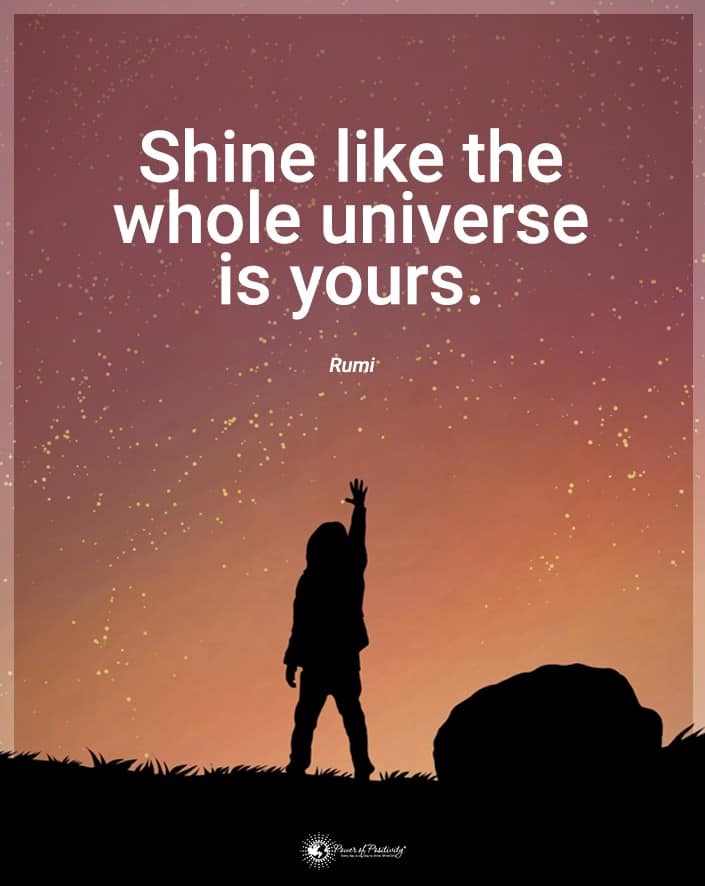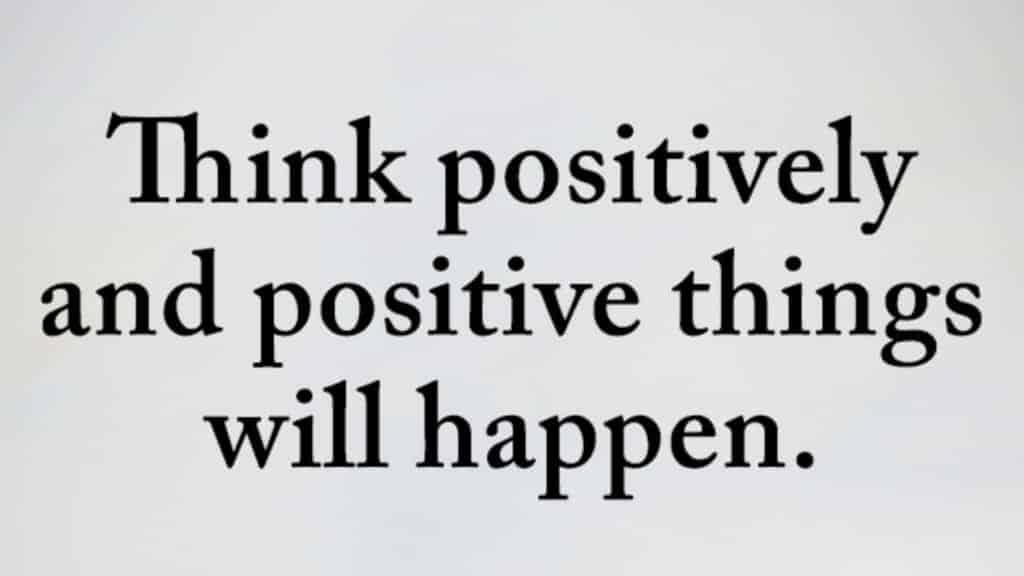A helper is a beautiful thing to be. It’s amazing to be there for those in need and help bring out the best in them. Interestingly, being a helper is also beneficial to you, so you’ll also have a better life.
While your motivations are selfless, it’s always nice to learn that some of that good karma comes back to you. But how can you achieve that? Here are 4 ways to become a better helper for a fulfilling life.
1. Be A Listener
Being a good listener sounds like a simple concept on the surface. Unfortunately, it’s a difficult skill that’s not quite as easily done as it is said. People often underestimate what is involved in being a listener, which is why a lot of people are grateful to those who truly listen.
As cliche, as it sounds, sometimes just being there for someone and listening to them is all you need to do to be a good helper to them. These listening skills are precious and will teach you about the value of understanding, empathy, and compassion in your life. Here are some tips for being a better listener and a better helper:
· Put Down Everything
When you’re listening to someone, don’t be distracted by other things. Put your phone down, turn away from your work, and devote your full attention to the person who is speaking. Even if you think you’re an expert multitasker – and few people actually are – you want the other person to feel listened to. You may even realize, as you do this, just how much better you can see the world when you’re not attempting to multitask with all your devices.
· Practice Active Listening
Active listening involves the act of engaging fully in the process of hearing another person. While the first step is giving them your undivided attention, it’s about more than just that. It means using open, welcoming body language and giving subtle signs of acknowledgment. When the person has spoken, it means responding in ways that show that you understood their point and either validate their feelings or build off that point while staying focused on them. Active listening is a skill, and once you practice it enough, you’ll find that you naturally make others feel more welcome.
· Drop Judgemental Attitudes
If you want to be a good listener, leave your judgment at the door. It’s not your place to think negatively of a person who is confiding in you, and although you’re free to have your own opinions, your goal should be to understand.
Judgment forms an automatic wall between yourself and the speaker, preventing you from getting to the actual point. People will appreciate you being open-minded and understanding of them, especially if they’ve had people behave judgmentally before. Learning not to be judgemental will help you see more beautiful things in life, grant you more understanding, make you a better helper, and help you live a more fulfilling life.
2. Do Charity Work Regularly
Charity work seems like an undeniable way to be a helper, but people often don’t realize how much more they can learn and grow through these activities. Learning to be a better helper can be done by helping more and more, and charity groups and organizations are excellent at teaching you how to be more helpful.
As you do charity work, you’ll pick up new skills and learn new things about other people and yourselves. Your act of helping and becoming a better helper will enrich you and open your eyes to the lives of those who are less fortunate. It’s tough, but it’s also fulfilling and rewarding. Here are some ideas of ways to participate in charity:
· Donate Used Items
When was the last time you decluttered? Look through your belongings and find things you don’t use. These don’t have to be old things; they can also be just about anything that you don’t get that much use out of, like a dress you’ve only worn twice, canned food stocks that have been building up, toys your kids never really liked much, or even cleaning items you don’t pick up much. Not only will you be giving to those in need, but you’ll also be keeping your space clear and organized, which will help you feel better and live more cleanly in turn.
· Donate Money
Not everyone is in a position where donating money is possible, but if you are, doing so can help numerous organizations. Though used items are useful to provide, charity organizations often benefit much more easily from cash that they can spend on improving their facilities, reaching out to more people in need, and paying their staff. It’s not just them who will benefit, either. Research suggests that giving money to charity may actually boost your physical wellbeing, mental health, and levels of positive thinking!
· Volunteer With Time and Effort
If you have nothing to donate, you can participate by donating other resources at your disposal. Effort and time are valuable resources, and most non-profit organizations are always eager for more volunteers. You can help clean up public areas, offer your services to retirement homes and animal shelters, serve at a food bank, help nonprofits find sponsors, and more. You’ll be amazed by how much good you can do in the world with little to no material objects to offer, and you’ll feel your self-esteem grow, and your life becomes more fulfilled when you see that power you hold.
· Pitch In During Times Of Need
It’s fair if you can’t always spend your time donating or volunteering due to means. But when times of dire need arise, it’s time to step up. Being a better helper can mean knowing when putting others above yourself is the right thing to do. Natural disasters and other forms of unplanned accidents are exactly the kinds of times when you should do your best to do even just a little to help others. The impact your tiny actions have in those moments can be astronomical, and the power of your compassion will surprise you.
 3. Share What You Know and Have
3. Share What You Know and Have
The things that you’ve built and earned throughout your life are things that are uniquely yours. They may have been things that look a lot of hard work to earn, or they may be things precious to you. Sharing the things you have and know is an incredible way to be more than just the average helper.
It can be hard for some people to share advice like this due to a fear of competition, but learning to want the best for other people genuinely is a fantastic way to be a better helper while building your own life fulfillment. Here are some ways you can do this:
· Offer Advice
Advising others – when asked for – is a fantastic way to share your knowledge. Your expertise in your field and interests can be beneficial to someone rising in those same areas. If you see someone who you were once in the position of, give them a few pointers if they ask!
· Introduce Someone To A Contact
Are there people who have impressed you that you’d like to help get up in the world? Lots of people promise to introduce so-and-so to another so-and-so but don’t get around to it. Pick people who you genuinely believe in and advocate for them by introducing them to someone who could help them on their path.
· Be A Mentor
Mentoring others seriously is a big decision, and it’s a full commitment. Any skill that you have, you can pass on to others. If you choose to do this, the positive results will also come back to you; mentors often learn their fair share when they mentor others as they remember old lessons and reaffirm their own knowledge. Plus, it can feel pretty great to see someone who you’ve bonded with as their mentor move up.
4. Be Appreciative
Being grateful and appreciative towards others can sound like something that doesn’t affect much. In reality, it’s a powerful way to help others. Yes, it sounds odd that the act of being thankful for help could be, in turn, helpful. But there isn’t much appreciation going on in the world, and making sure you do what you can to upend that trend is wonderful.
People do all sorts of things in their everyday lives. While intrinsic motivation is crucial for these people to continue functioning, it’s not unusual for someone to get burned out from receiving no recognition for their efforts. Being appreciative of others reminds them that their actions are seen and valued, allowing them to continue performing those actions.
Appreciation and gratitude aren’t just positive for others. These traits are known to provide improvements to your well-being. Being grateful changes the way you perceive the world and shows you all the good it holds, which is a very fulfilling experience. Here are some examples of how being appreciative makes you a better helper:
· Say “Thank You.”
The easiest way to express appreciation is by verbal means. When someone does something nice for you, thank them. Or perhaps when your waiter brings you your food, thank them. When someone holds the lift open for you, thank them. When your partner makes dinner, thank them. Many people gloss over this meaningful phrase because of how busy they are or how much they take their life for granted. Don’t get so caught up in the hustle and bustle of daily life that you forget your basic manners!
· Provide Honest Feedback
When someone does well, give them feedback that indicates you’ve seen their good work and are proud of them for it. This kind of positive reinforcement will encourage them to continue their progress. This is especially useful when your feedback includes constructive criticism. Begin your feedback with something positive, insert criticism in between, and finish off on some more praise, and they’ll take the good and the bad together.
· Recognize Them
Give credit where credit is due. If someone has contributed ideas to a project, mention that contribution. Or, if there are awards at your workplace or in your community, nominate a person who you think deserves one. If someone has helped you in your journey, mention that when you tell your story. It’s so easy to give recognition, and yet we often forget to do it!
 Final Thoughts on How to Help Your Loved Ones Lead a Better Life
Final Thoughts on How to Help Your Loved Ones Lead a Better Life
Being a helper means being there for others, reaching out to offer help, and showing people that you care. When you’re a helper, you find a higher purpose in life that fulfills you, inside and out, while providing others with the aid they need. You’ll gain karma and live a better life, yourself. Isn’t that a wonderful, powerful thing?


















